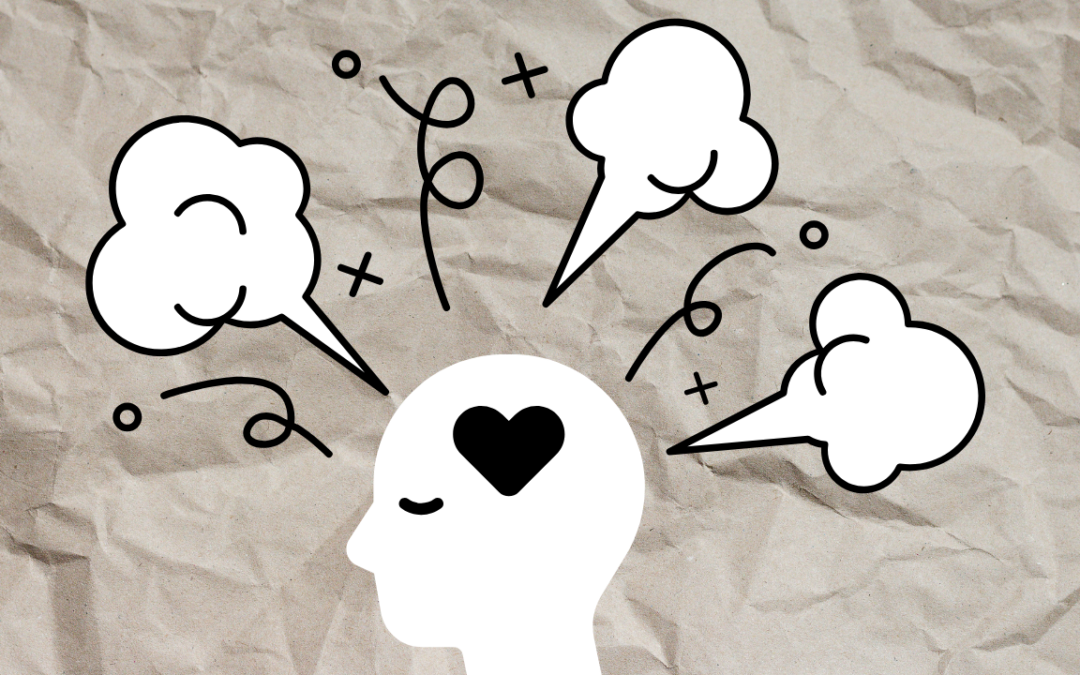Every October, ADHD Awareness Month takes center stage with the goal of shining a light on Attention Deficit Hyperactivity Disorder (ADHD). This annual event reaches beyond those directly affected, extending its message to the general public, educators, and healthcare professionals. It’s a time to debunk myths, share stories of resilience, and promote understanding.
The significance of ADHD Awareness Month cannot be overstated. With ADHD affecting millions worldwide, raising awareness helps to dispel common misconceptions and stereotypes. The month-long campaign encourages open dialogue, fostering environments where individuals with ADHD feel understood and supported. It also serves as a reminder of the importance of empathy in our daily interactions.
Throughout this blog post, we’ll explore the history and purpose of ADHD Awareness Month, the relationship between ADHD and World Mental Health Day, and how everyone can get involved. By the end, you’ll have a better understanding of ADHD and the vital role you can play in promoting awareness.
A Look Back at the History of ADHD Awareness Month
ADHD Awareness Month was established to build global recognition of ADHD, a condition often misunderstood. Initiated by organizations dedicated to mental health, this campaign aims to educate the public about ADHD’s realities, advocating for patient rights and better healthcare resources.
Historically, ADHD Awareness Month has rooted itself in collaboration. Key organizations like CHADD (Children and Adults with Attention-Deficit/Hyperactivity Disorder) and ADDA (Attention Deficit Disorder Association) have joined forces to amplify their reach. They focus on distributing factual, research-based information that empowers those with ADHD and their families.
The global impact of ADHD Awareness Month is tangible. Events and campaigns are held worldwide, creating a ripple effect that prompts discussions about the importance of mental health. This collective effort has led to increased research funding, better diagnostic practices, and more inclusive educational settings.
Understanding ADHD Better
ADHD is a complex neurodevelopmental disorder that manifests in various ways. Symptoms often include inattention, hyperactivity, and impulsivity, which can impact daily life. However, it’s important to recognize that ADHD presents differently in each individual, and symptoms may change over time.
Diagnosis is a multi-step process. It typically involves a comprehensive evaluation by a healthcare professional who considers behavioral assessments and medical history. Early diagnosis and intervention are crucial for managing symptoms effectively and improving quality of life.
Misconceptions about ADHD abound, ranging from beliefs that it’s simply a childhood disorder to assumptions about laziness or lack of discipline. These myths contribute to stigma and can hinder individuals from seeking help. Raising awareness helps challenge these misconceptions, encouraging a more compassionate and informed society.
The Role of World Mental Health Day
World Mental Health Day, observed on October 10th, aligns closely with the goals of ADHD Awareness Month. This day emphasizes global mental health education, awareness, and advocacy against social stigma. It provides an opportunity to reflect on the interconnectedness of mental health issues.
The theme of World Mental Health Day often varies, but it consistently highlights the importance of mental well-being. In the context of ADHD, it draws attention to the challenges faced by those with the disorder and the need for comprehensive mental health services.

Getting Involved in ADHD Awareness Month
There are numerous ways to participate in ADHD Awareness Month, whether you’re an individual, part of a community, or represent an organization. Here are some practical suggestions:
- Educate Yourself and Others: Take the time to learn about ADHD, its symptoms, and treatments. Share your knowledge with friends, family, and colleagues to foster understanding.
- Host or Attend Events: Many communities organize workshops, seminars, and support groups focused on ADHD. Participating in these events can deepen your understanding and connect you with others who share your interest.
- Leverage Social Media: Use your platforms to raise awareness by sharing articles, personal stories, or infographics about ADHD. Engaging with online communities can amplify the message and reach a broader audience.
- Support Local Organizations: Consider donating to or volunteering with local ADHD-focused organizations. Your contributions can make a difference in providing resources and support to those in need.
- Advocate for Change: Write to local representatives or school boards to advocate for policies that support individuals with ADHD, ensuring they have access to necessary accommodations and resources.
By taking these steps, you contribute to a growing movement that seeks to create a more inclusive and understanding society. Each action, no matter how small, plays a vital role in supporting individuals with ADHD.
Conclusion
ADHD Awareness Month is a time for education, reflection, and action. It highlights the importance of understanding ADHD within the general public and the broader mental health community. By participating in awareness activities, we can collectively work towards a society that embraces diversity and supports each individual’s unique needs.
If you’re interested in learning more or need support, consider reaching out to New Roads Behavioral Health. Their expertise can guide you or your loved ones through the complexities of ADHD. Join us in raising awareness and making a positive impact during ADHD Awareness Month 2024.

